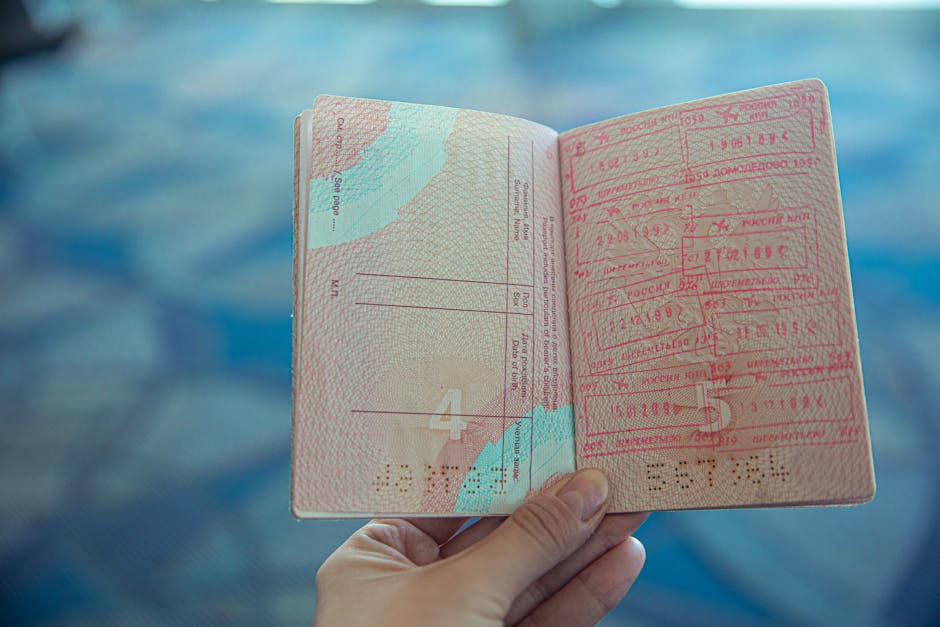Visa for Chefs in GCC
Understanding the GCC Work Visa Landscape for Chefs
The GCC bloc, comprising Saudi Arabia, UAE, Qatar, Kuwait, Oman, and Bahrain, offers immense opportunities for skilled chefs. Each nation has specific immigration policies. However, they share common frameworks for foreign workers. Firstly, securing a job offer is mandatory. Subsequently, your employer typically sponsors your visa. Moreover, they handle most of the bureaucratic process. Understanding these nuances is crucial for a smooth relocation.
Essential Documentation for Chef Visa Applications
Preparation is key when assembling your documents. Commonly required papers include:
- Valid passport with minimum 6 months validity
- Professional chef certificates and diplomas
- Detailed CV showcasing your experience
- Employment contract signed by your sponsor
- Medical fitness certificate from approved centers
- Passport-sized photographs meeting specifications
Additionally, some countries request attestation of your educational documents from relevant authorities. For example, the UAE requires MOE attestation. Similarly, Saudi Arabia often mandates MOFA attestation.
Step-by-Step Visa Process for Chefs in GCC Countries
The application procedure generally follows a structured path. Firstly, your employer obtains initial approval from the local Ministry of Labor. Next, they apply for your entry permit or work visa. After you enter the country, you undergo medical testing. Subsequently, you provide biometric data. Finally, you receive your residency permit (Iqama in KSA, Emirates ID in UAE). This process typically takes 2-4 weeks. However, it can vary based on the specific emirate or province.
Country-Specific Requirements for Chef Visas
Each GCC nation has unique additional requirements. For instance:
United Arab Emirates Visa for Chefs
The UAE requires chefs to have relevant qualifications attested. Furthermore, certain emirates demand a trade license from the employer. The DTCM often oversees hospitality sector visas.
Saudi Arabia Chef Work Permit
KSA has stringent professional validation processes. Often, chefs need their experience certified by previous employers. The Saudi MOFA plays a key role in document attestation.
Qatar Chef Immigration Process
Qatar requires a medical exam at approved health centers. Additionally, your employer must secure a visa through the Metrash2 system.
Professional Certifications and Their Impact on Your GCC Chef Visa
Holding recognized certifications significantly boosts your application. For example, City & Guilds or Le Cordon Bleu credentials are highly valued. Moreover, specialized training in cuisines like Arabic, Mediterranean, or Asian can be advantageous. These qualifications not only enhance your employability but also potentially lead to better salary packages. Therefore, investing in your professional development is crucial.
Common Challenges in GCC Visa Processing for Culinary Staff
Several hurdles can delay your visa approval. Document attestation issues are frequent. Similarly, medical test failures for certain conditions can result in rejection. Additionally, changing jobs requires careful navigation of sponsorship rules. Understanding these potential obstacles helps you prepare better. Consequently, you can avoid common pitfalls that derail applications.
Renewing and Transferring Your Chef Visa in the Gulf
Visa renewal is typically straightforward if you remain with the same employer. The process involves updating your medical and passport documents. However, transferring your sponsorship to a new restaurant or hotel requires a No Objection Certificate (NOC) from your current sponsor. Some countries, like Qatar and Saudi Arabia, have specific conditions for job transfers. Therefore, always review your contract and local laws before initiating a transfer.
Frequently Asked Questions About Chef Visas in GCC
What is the typical processing time for a chef visa in GCC?
Processing usually takes 2-4 weeks after document submission. However, it can extend due to additional checks or peak seasons.
Can I bring my family on a chef visa in the Gulf?
Yes, most GCC countries allow family sponsorship if you meet minimum salary requirements, typically ranging from AED 3,000-4,000 monthly.
Do I need to speak Arabic to work as a chef in GCC?
No, English is the primary working language in most GCC kitchens. However, basic Arabic phrases can be beneficial for daily life.
What are the medical requirements for a chef work visa?
You must be free from communicable diseases. Testing typically includes HIV, hepatitis, tuberculosis, and sometimes malaria.
How long is a chef visa valid in GCC countries?
Initial visas are usually valid for 1-2 years and are renewable as long as you maintain employment.
Conclusion: Securing Your Future as a Chef in the GCC
In conclusion, navigating the visa and documentation for chefs in GCC requires careful attention to detail. By understanding each step and preparing thoroughly, you can ensure a smooth transition to your new role. Remember, each country has unique requirements, so always verify with official sources or your employer. Finally, your culinary skills are in high demand across the Gulf. Therefore, take the first step today toward an exciting international career. For personalized assistance, explore our Resources or Contact Us directly. Alternatively, Book an Appointment with our experts to streamline your application process.




